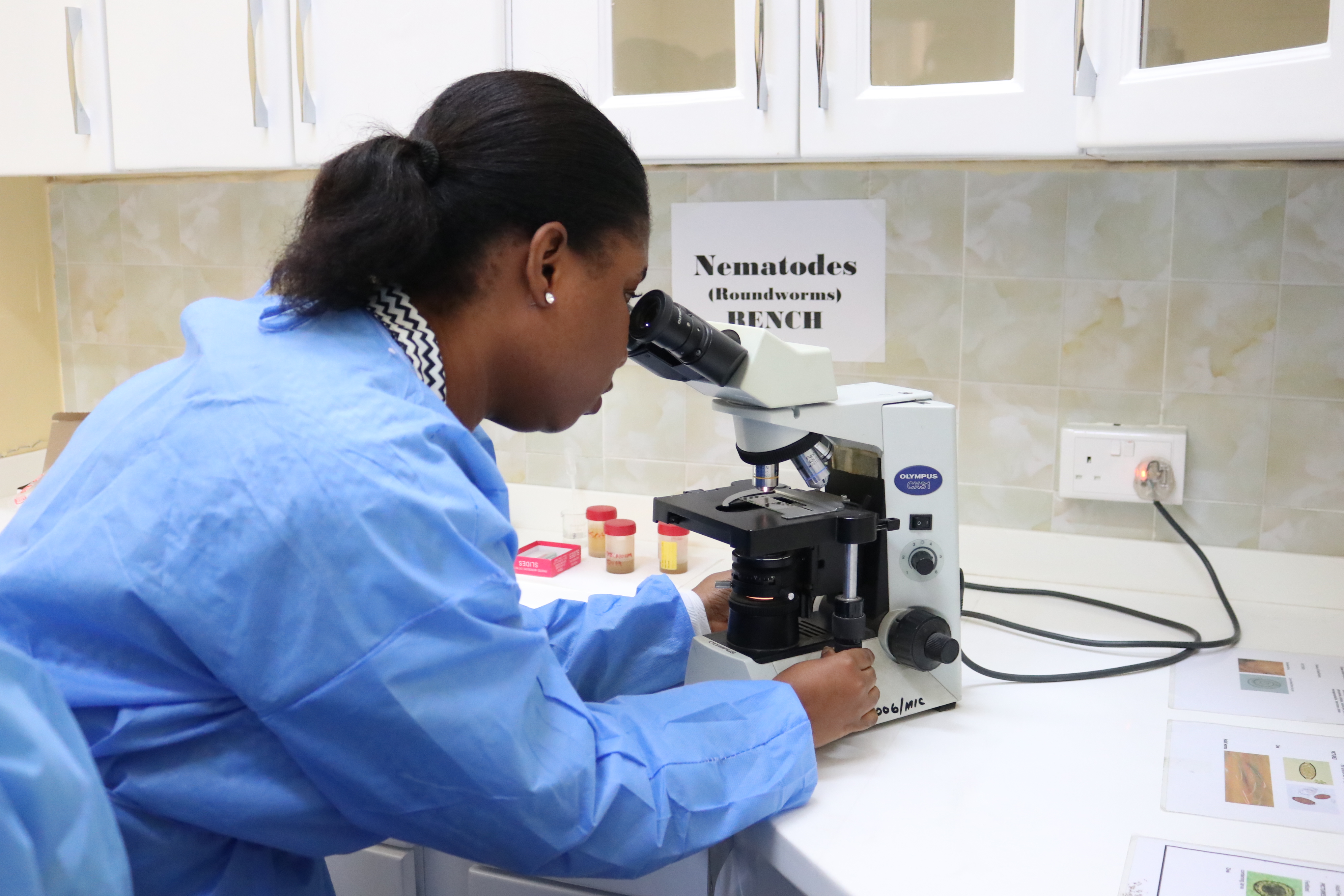
The Department of Medical Microbiology currently offers the following graduate programmes:
The objectives of the MPhil and PhD programmes are to:
- Train medical microbiologists who can use cutting-edge techniques to address global health challenges in infectious diseases.
- Provide skills that will enable the graduates to conduct original and innovative research, write competitive grant applications and build strong collaborations in the scientific community.
- Train medical microbiologists to communicate scientific knowledge in peer-reviewed journals and at various scientific fora.
Applications to these programmes are made online through the School of Graduate Studies of the University of Ghana. Prospective applicants need to check with the Graduate School about deadlines, as this may vary from year-to-year. Normally, applicants are invited to the Department for an entrance examination and an interview in the month of May or June for admissions in August, when the academic starts. Admission into our graduate programmes is competitive and several factors are considered in the admission process including academic excellence and funding. Candidates who are admitted receive supervision and mentorship from our well-trained faculty and sometimes from our international collaborators.
Graduate studies in the Department is coordinated and managed by a committee consisting of representatives of faculty, technical staff and graduate students. Current members of the committee include Prof. Yaw A. Afrane (Chairman), Prof. Kwamena W. C. Sagoe, Dr. Patience B. Tetteh-Quarcoo, Dr. Simon K. Attah, Mr. Addo Osarfo-Kantanka and Ms. Rhodalyn Tagoe.
MPhil Medical Microbiology
The MPhil in Medical Microbiology is a 2-year full-time programme comprising a first-year of coursework and a second-year of research, which culminates in a written thesis for assessment. Students who are unable to complete their research in the second-year may apply to the Graduate School for an extension of up to one year. Progression to the research phase of the programme requires successful completion of the first-year coursework, in line with the regulations of the Graduate School. The coursework component of the programme is spelt out as follows:
- MICB 621: General Medical Microbiology
- MICB 622: Parasite Biology and Pathogenesis
- MICB 623: Host-Pathogen Relationships; Bacterial and Fungal Infections
- MICB 624: Viral Genetics and Pathogenesis
- MICB 626: Bioinformatics
- GSPH 601: Biostatistics and Research Methods
- PATH 607: Immunology and Immunopathology
- MICB 625: Investigation of Bacterial and Fungal Infections
- MICB 627: Molecular Epidemiology of Microorganisms
- MICB 628: Investigation of Parasitic and Viral Infections
- MICB 632: Medical Entomology
- MICB 634: Antimicrobial Agents of Natural Products
- BIOC 601: Molecular Aspects of Cell Biology
PhD Medical Microbiology
The PhD in Medical Microbiology, which may be taken full-time (4 years) or part-time (6 years) is organized into three phases: course work, experiential research learning, and thesis. For full-time students, the first year of the programme is dedicated to coursework, while for part-time students, the course work is spread over the first two years. After completion of all coursework, students are required to pass the comprehensive PhD examinations before progressing to the next phase of the programme, ie the experiential research learning stage. The experiential research learning stage is aimed at giving students hands-on laboratory experience in specific research areas, assay or bench procedures that will be necessary for their immediate and future research work. The experiential research learning stage takes 6-12 months in laboratories of faculty members locally and abroad. The final phase of the programme, which is the thesis stage, requires students to carry out a detailed research project in Medical Microbiology and submit a written thesis for assessment.
- MICB 701: Dynamics of Infectious Diseases
- MICB 702: Microbial Genetics
- MICB 704: Advances in Diagnostic Microbiology
- SAHS 701: Advanced Research Methodology
- MICB 703: Microbial Ecology, Evolution and One Health
- MICB 705: Microbial Food Borne Pathogens
- MICB 706: Applied Bioinformatics
- MICB 707: Microbial Drug Resistance
- MICB 708: Laboratory Animal Experimentation
- MICB 712: Techniques in Microbial Cell Culture
- MICB 714: Medical Entomology and Vector Control
- MICB 716: Evolution of Virus Genes
- SAHS 703: Advanced Biostatistics
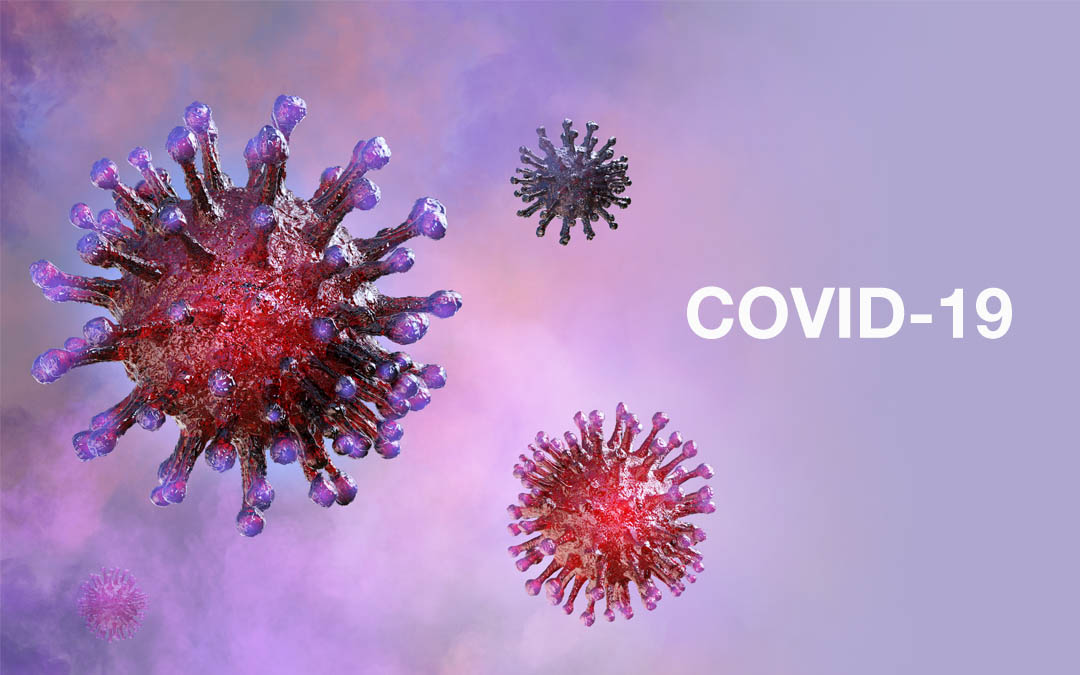
Our graduate students research on the various types of infectious agents using state-of-the-art facilities in our laboratories and also laboratories of our collaborators in Ghana and abroad.
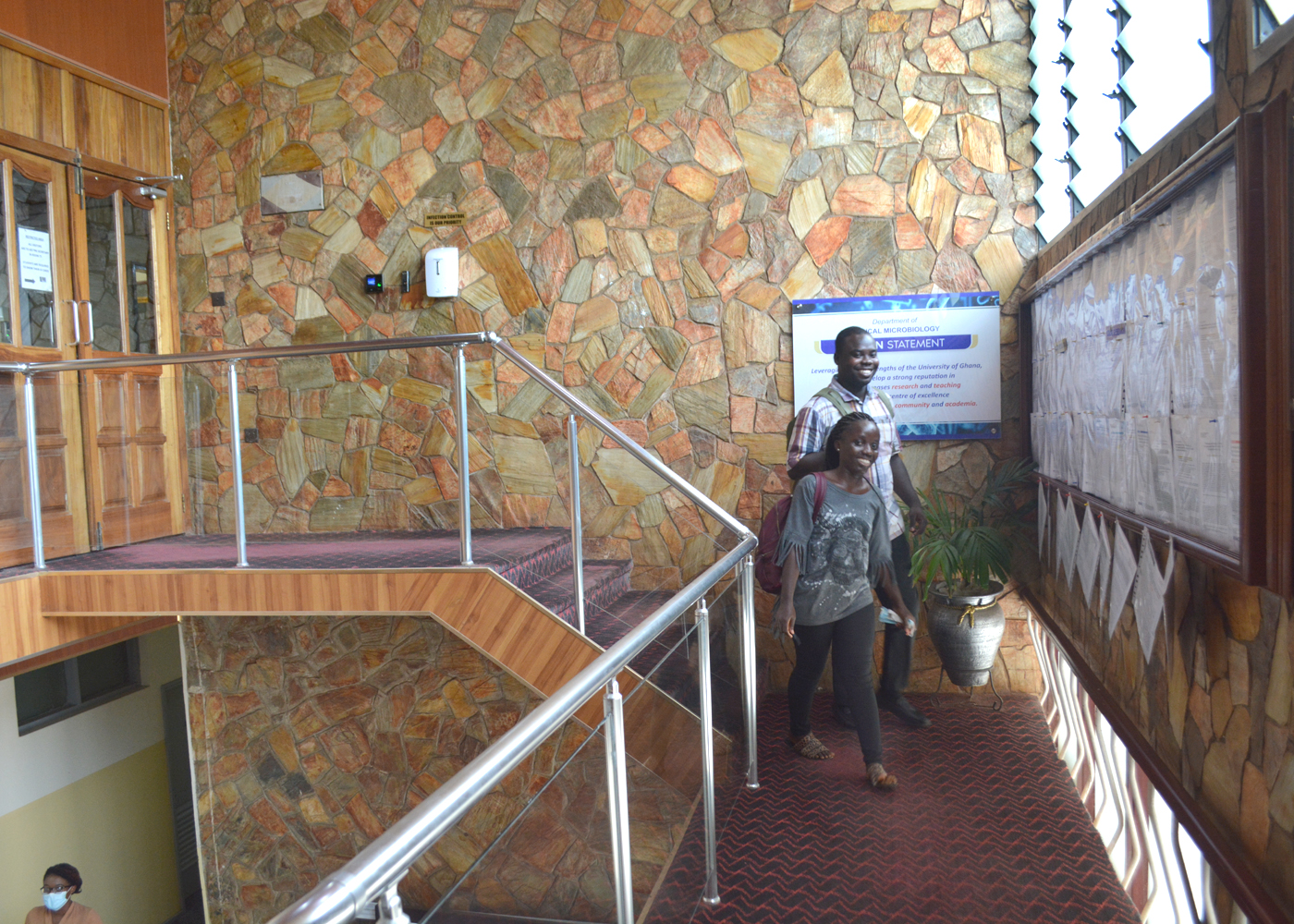
The Department provides a conducive atmosphere for teaching, learning and mentoring.
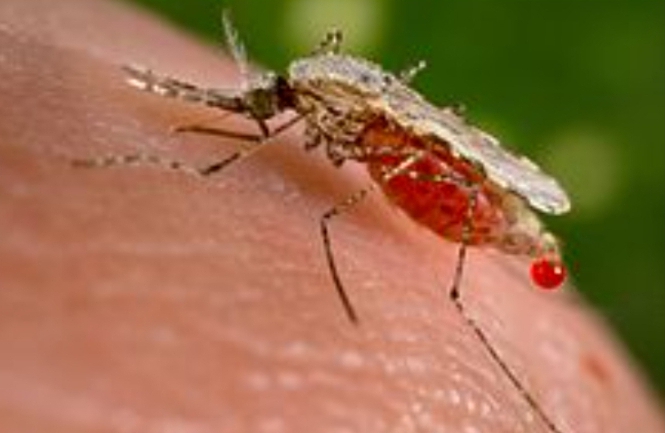
With support from the National Institute of Health, USA, the Department is hosting a regional centre for vector borne diseases, aimed at training graduate students.
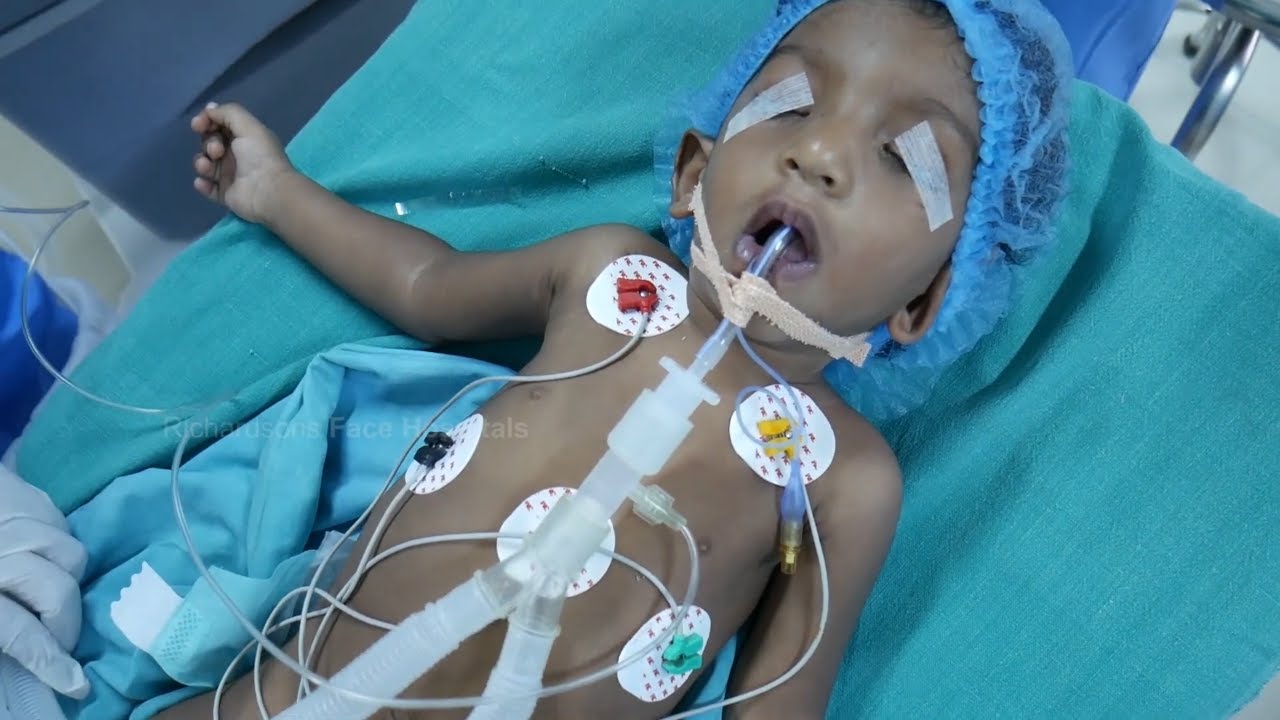
The Healthcare Associated Infections (HAI) Project based in the Department and funded by DANIDA provides a special PhD training opportunity for clinicians.
